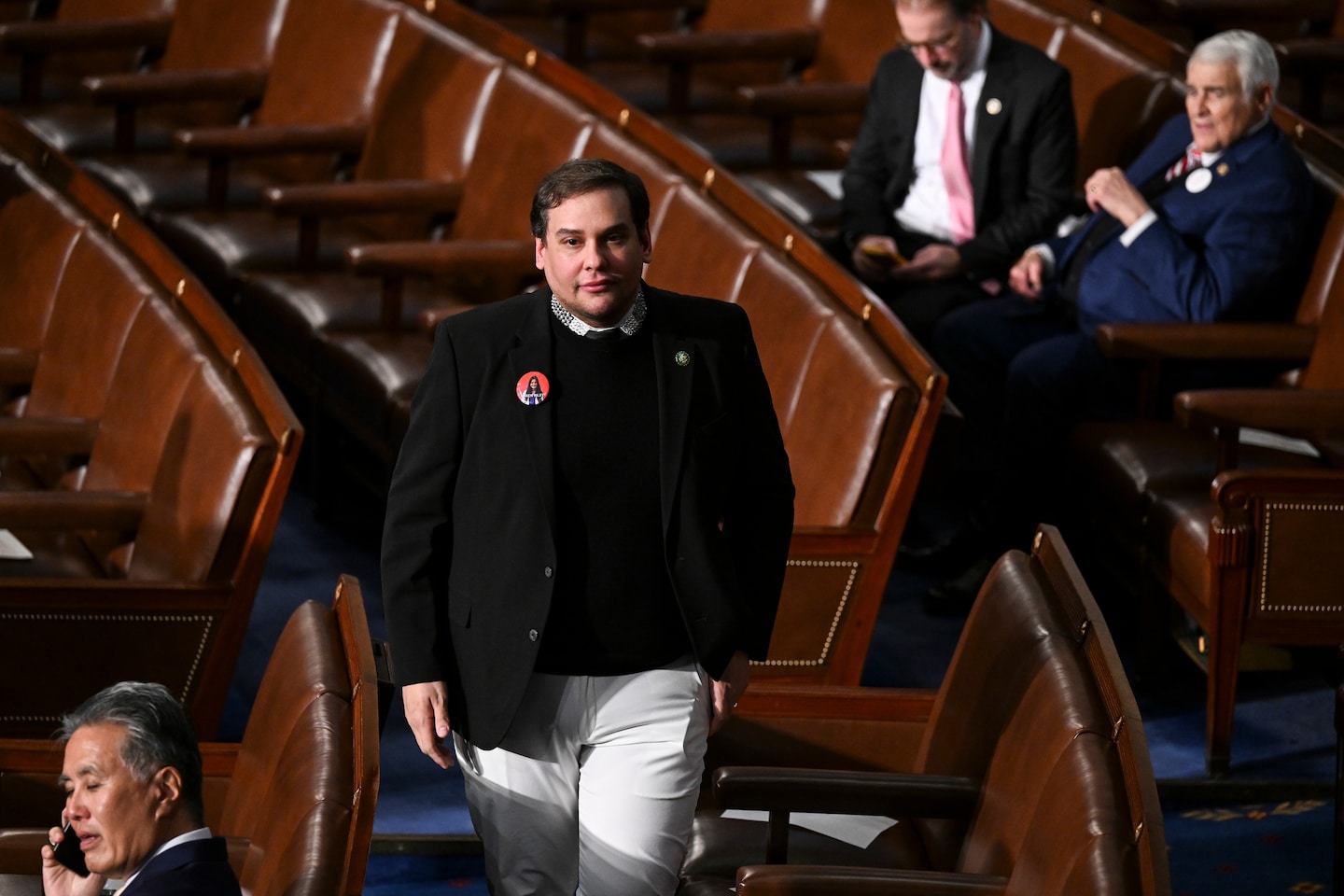If we allow the least populous state, Wyoming, to have three representatives, then that gives about 192,000 constituents per representative. So the House of Representatives would have about 1,720 members. Some substantial remodelling of the Capitol may have to be done. This would be enough people to fill a concert hall, but that’s not undoable.
Fill the standing body by collecting nominations. Each member can nominate exactly one member to the standing body. A member who collects exactly ten nominations will sit in the standing body. This means the standing body has 172 members.
A praesidium would be elected by the standing body’s political groups consisting of a president and several vice-presidents. In a proposed American system, they would probably have the title “speaker” and “deputy speaker”. In China, the praesidium consists of 178 people which is far too many. Nine is a more manageable number—one speaker and eight deputy speakers. The praesidium is an administrative body responsible for scheduling votes and establishing the rules of debate. It’s likely that the standing body is the only place where legislation can be introduced and debated, and then it is presented to the larger body for ratification.
The speaker is the presiding officer of the entire assembly, but the members of the praesidium can rotate presiding over the standing body. This is intended to ensure the political neutrality of the praesidium (useless in China’s case because everyone is a Communist but probably more effective in a hypothetical American adaptation).
In China, the standing body is plenipotentiary (has full legislative powers) when the entire Congress is not in session. This could also be the case under the American adaptation but the US Congress is almost always in session anyway. The standing body is in permanent session.
In essence, this creates a tricameral legislature.
There are some other powers that China’s Standing Committee has that the American version wouldn’t. Under the Communist principle of unified power, the Standing Committee also has the power to interpret the constitution. This is incompatible with the Western concept of separation of powers so it would be left out.






















People have been saying “As long as no [disliked social group] exists in the Middle East, there will be no peace” for the entirety of history.